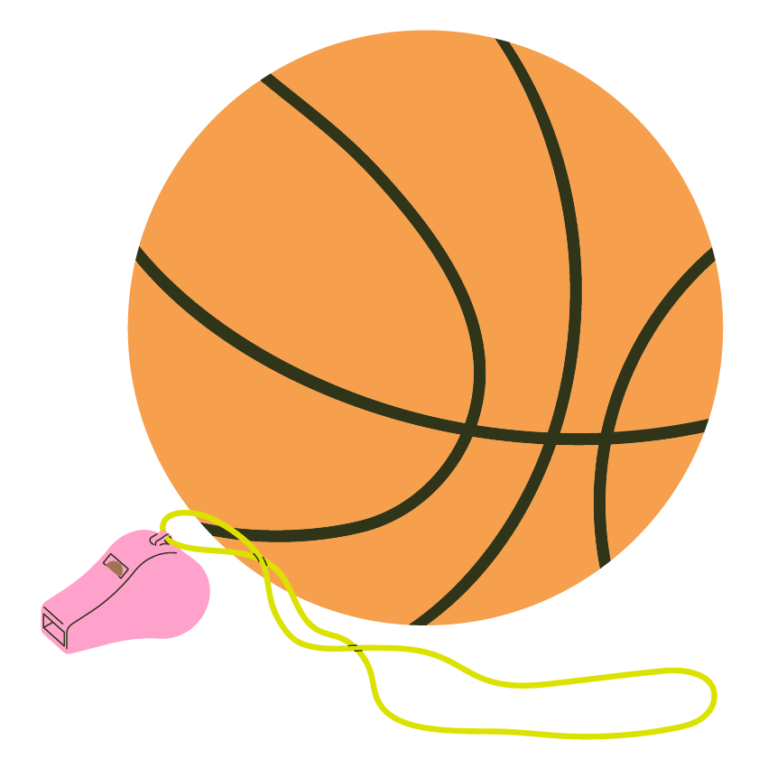Impact
With support from this fund, we created a new ESOL partnership programme for adult refugees in Glasgow. The project supported refugees to develop English language skills and to build social connections both through their learning and through facilitated access to a range of culture and sport opportunities in the city.
The following SQA-accredited ESOL courses were delivered:
SQA National 3 Unit 1 ESOL for Everyday Life
SQA ESOL: An Introduction to Beginner English Literacies 1
SQA ESOL: An Introduction to Beginner English Literacies 2
SQA National 3 ESOL in Context (Work and Study)
39 learners completed these courses in total.
Over the course of the project many learners gained SQA qualifications.
9 learners in SQA ESOL: An Introduction to Beginner English Literacies 1,
8 learners in SQA ESOL: An Introduction to Beginner English Literacies 2,
14 learners in National 3 ESOL for Everyday Life,
8 learners in National 3 ESOL in Context (Work and Study).
There were eight non-accredited ESOL groups in the AMIF Project which 72 learners participated in.
Two online ESOL groups at Beginner and Elementary level,
Six Face: Face ESOL groups at ESOL Literacies (2 groups), Beginner, Elementary, Pre-Intermediate and Intermediate levels. All these groups completed their AMIF delivery, with some groups now continuing via another funding source.





